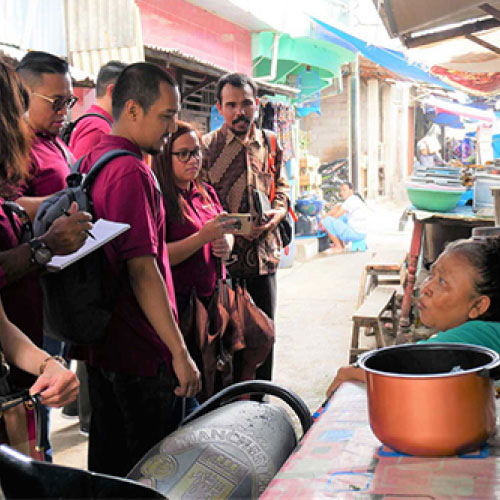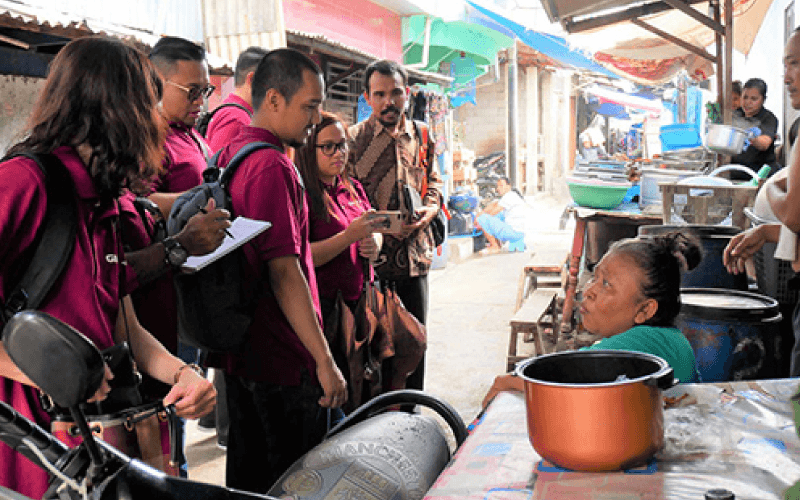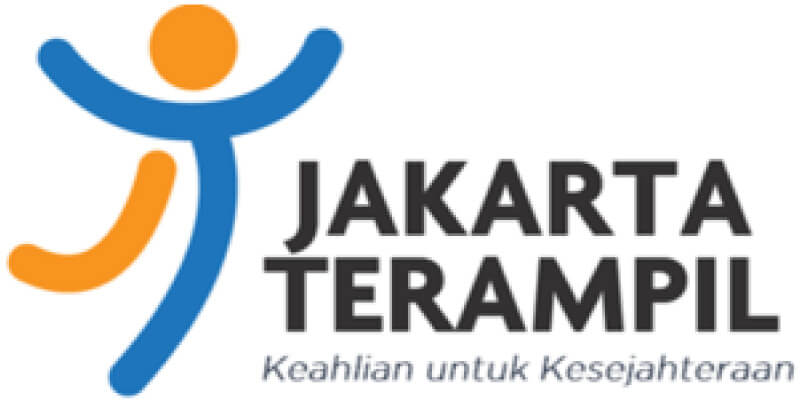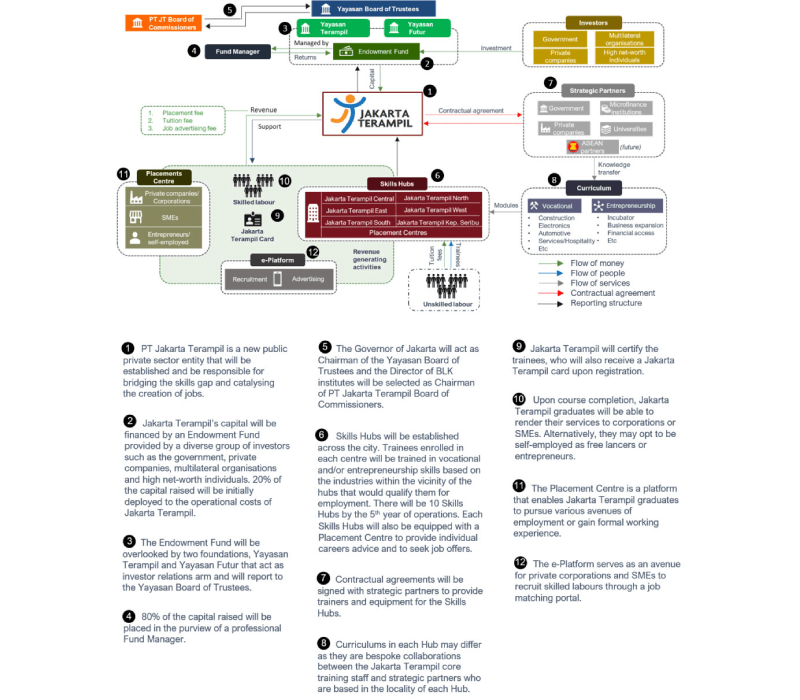Indonesia’s capital – Jakarta – is facing mass unemployment. Between 100 and 150 thousand Jakartans are believed to be unemployed, and an additional 350 thousand informal workers do not receive the protections of formal employment, such as income stability, job security and career progression. Inequality, poverty, inadequate housing, poor access to education and a lack of social mobility are everyday experiences for these half million individuals. Without opportunities to find secure employment, those living in marginalised communities in Jakarta will likely remain trapped in a cycle of depravation.
GIFT partnered with the Municipal Government of Jakarta (DKI) for the immersive component of the ASEAN Young Leaders Programme (held in November 2018), where participants were tasked with producing an operational business plan to tackle these issues. To achieve this, they engaged with a diverse range of stakeholders, including members of marginalised communities, officials from government agencies, micro-entrepreneurs, and representatives from some of Jakarta’s most successful businesses (e.g. Go-Jek). They then balanced these interests to produce an ambitious business model that catered to the different stakeholders’ needs.
Throughout the project, participants recognised that improving the delivery of education is one of the most sustainable paths to alleviating general unemployment and encouraging employment in the formal sector. DKI has deployed considerable resources to improve and broaden education options across socio-economic status and age ranges: in addition to traditional education, vocational training is available at over 700 locations around Jakarta.
The government has also introduced schemes such as One District, One Centre For Entrepreneurship: an initiative that enables entrepreneurs to set up and expand business ideas with funding and support from the government.
However, the results of these efforts have been mixed. One of the fundamental causes of unemployment in Jakarta is the low completion of youth education. Young people are encouraged to drop out of school so they can add to their household’s income by working in the informal sector. Culturally, they are not convinced of the long-term benefits that education can deliver for them, as immediate income is much more tangible. Additionally, despite the options on offer from DKI, the current schemes are not universally accessible: many classes are run during working hours, meaning those with jobs cannot participate and cannot leave their jobs to upskill because of financial burden. Lastly, the lack of qualifications makes a later jump to formal employment impossible, leading to a stagnation at low-level income.
Bearing in mind the views of different stakeholders, previous government initiatives, and barriers to formal employment, participants produced a business model that centres on the creation of ‘Skills Hubs’: one-stop centres that provide vocational education for up to 25 courses that range from hairdressing to welding to computing, all at low cost. The Hubs will be purpose-built for upskilling, and will be outfitted with modern facilities that deliver quality vocational education, efficiently, and will be positioned to service marginalised communities across Jakarta, although they will be open for all to attend.




























